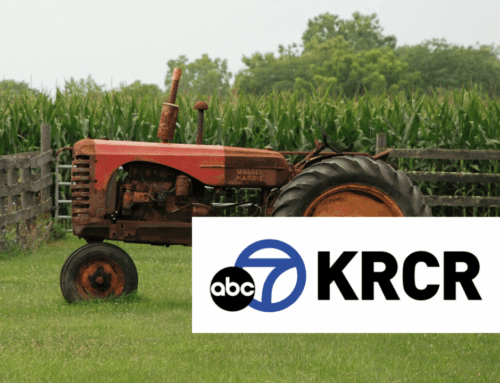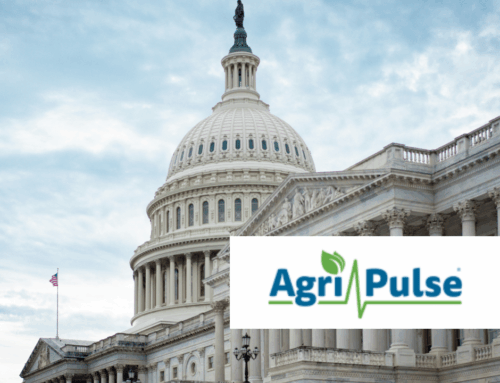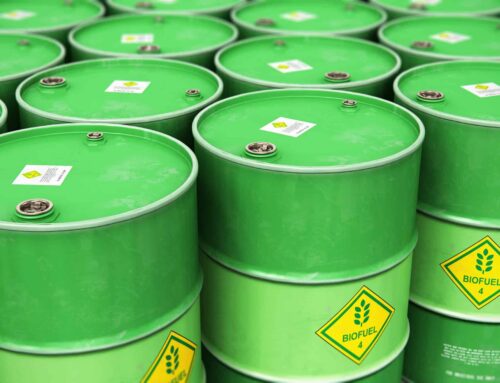The World Trade Organization reconfirmed that the billions in U.S. cotton subsidies are illegal, anti-competitive, and are a restraint of international trade. The WTO found that U.S. policies distort trade and will now demand that the U.S. either bring its programs into compliance, or face retaliatory action.
Farm subsidies cost U.S. taxpayers up to $20 billion a year and no crop gobbles up more of the subsidy pie than cotton. Worse, when the government cuts its cotton checks, industrial-sized farms reap the profits, not the small family farms subsidy advocates purport to defend. Total 2003 cotton payments topped $2.5 billion. More than 70 percent of these payments found their way into the pockets of only 10 percent of producers. Huge operators walk away with million dollar payments, the little guys are left struggling to make ends meet, and taxpayers are stuck with the bill.
It’s bad enough that this inequity costs billions in budget-busting payments, but in a globalizing economy it also costs countless billions more in high trade tariffs that drive up consumer costs and create barriers to the U.S. export economy.
While it is likely the cotton lobby will want to slice and dice the World Trade Organization’s ruling and look for fine print loopholes, its time for the U.S. to stop talking out both sides of its mouth and practice what we preach. Instead of dragging its heels, Congress should step to the front of the trade negotiation line, comply with international law, and cut these wasteful, anti-competitive, and unfair subsidies.










